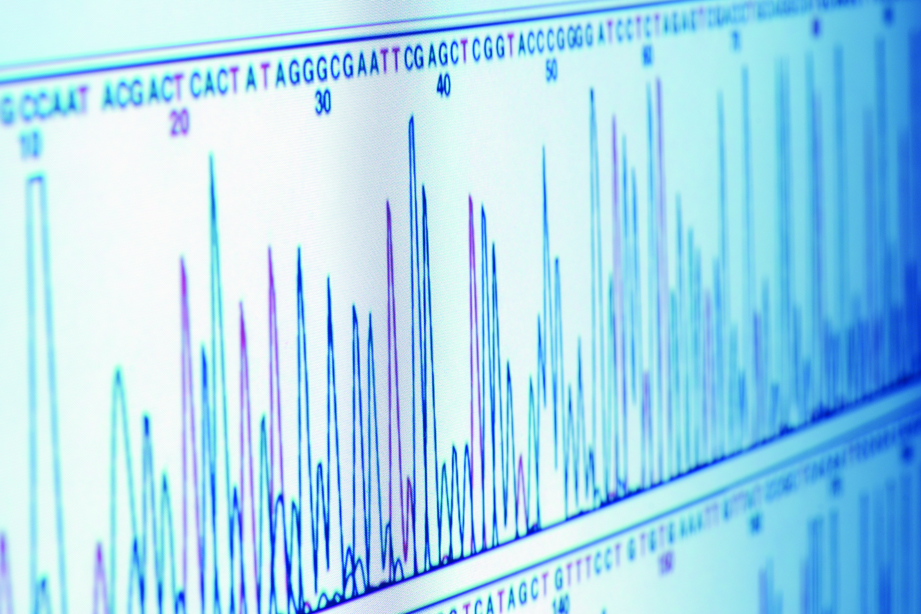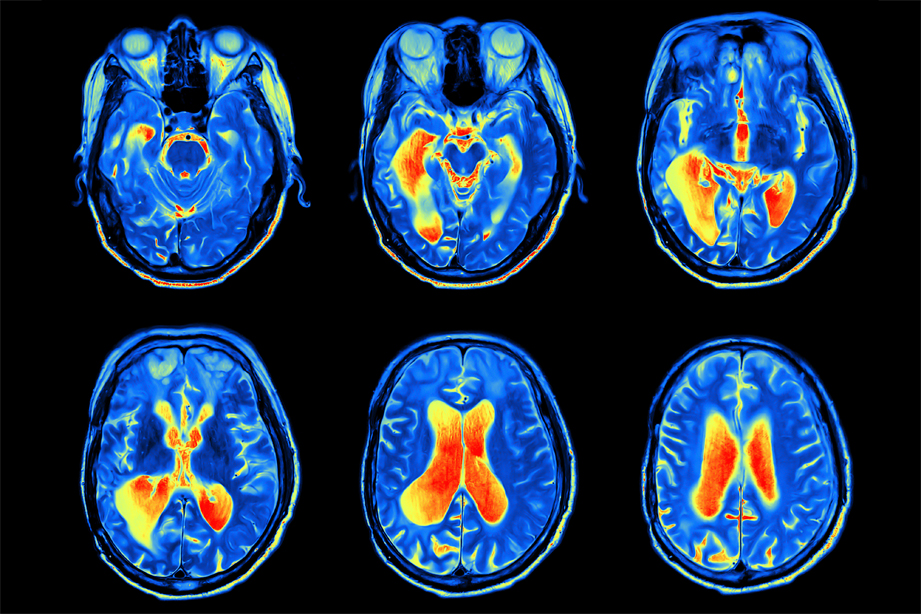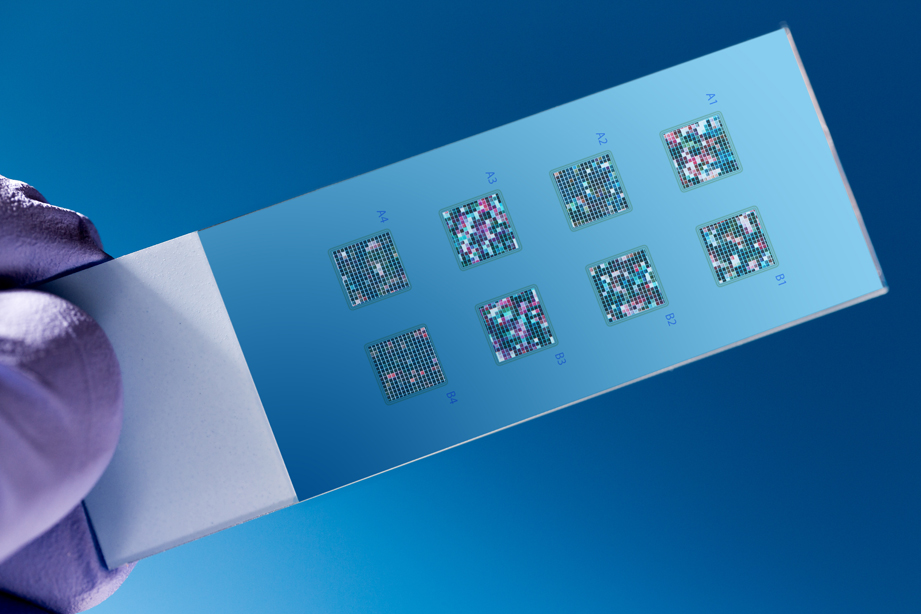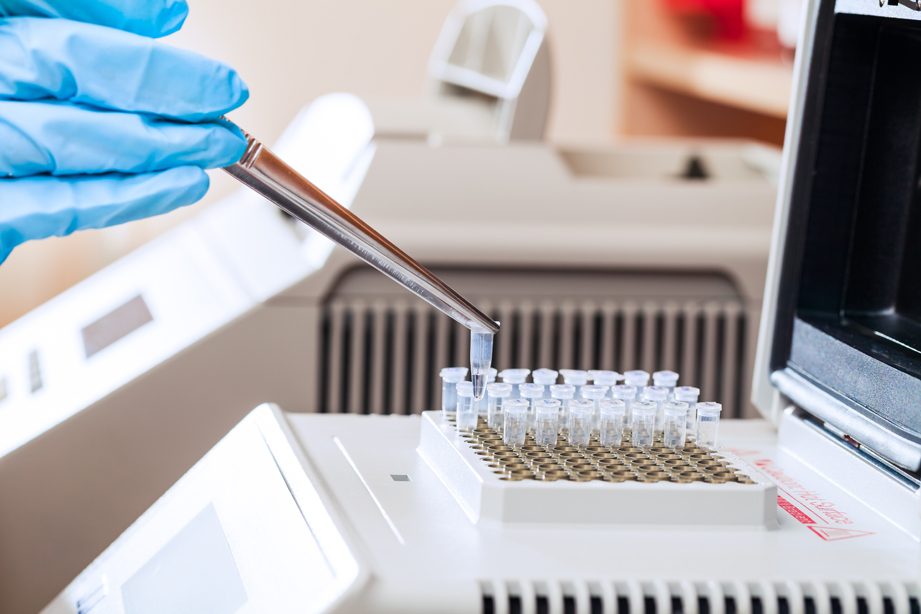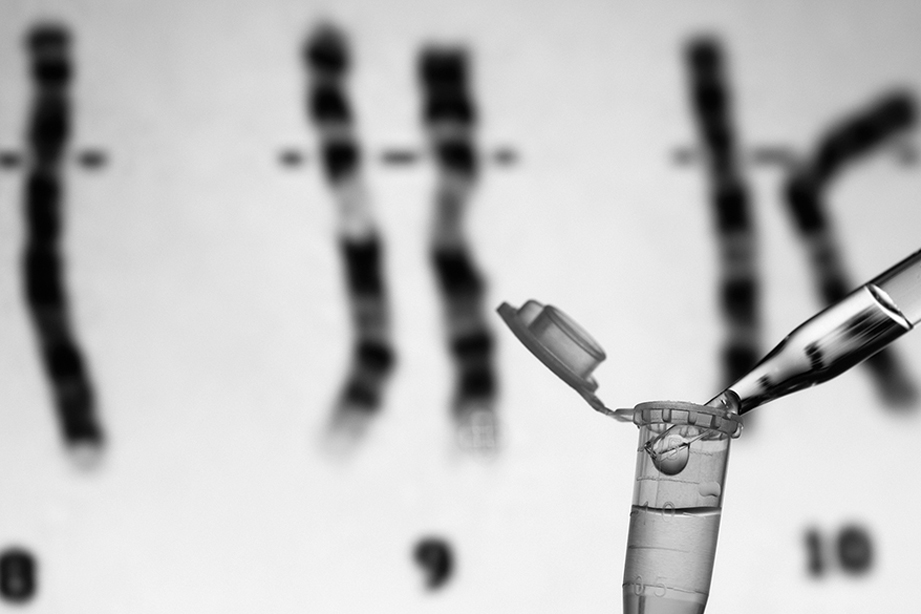Challenge Parents of children with Autism Spectrum Disorder (ASD) have long noticed that ASD aggregates within families, but may manifest differently amongst siblings. Researchers wondered how and why this occurred. Project Summary The team set out to examine gene-behaviour relationships of newly diagnosed children with ASD. The team hypothesized that multifactorial causes of ASD are [...]
The ASD Demonstration Project: Neuroimaging and Function
Nicolas Turgeon-Morin2023-10-19T10:47:48-08:00Challenge Right now, autism spectrum disorder is diagnosed based on behaviours and developmental delays, not neurobiological markers. If we knew more about autism’s basis in the brain, this might allow children to get a diagnosis sooner. Project Summary KBHN has played a crucial role in identifying genetic variants associated with ASD as part of its [...]
The ASD Demonstration Project: Next-Generation Genome Sequencing and Identification of Rare DNA Variants
Nicolas Turgeon-Morin2023-10-19T10:48:10-08:00Challenge Autism spectrum disorder often runs in families. For example, identical twins of people with ASD have roughly a 60 percent chance of having it as well while siblings have a 20 percent chance. This statistic points to genetic risk factors. But which gene variants increase susceptibility to ASD? Moreover, how do genes influence the [...]
The ASD Demonstration Project: Clinical Utility Studies
Nicolas Turgeon-Morin2023-10-19T10:48:53-08:00Challenge An autism spectrum disorder diagnosis gives parents and guardians only an idea of what to expect in the years to come. Even when children start with similar abilities and disabilities, they can go on to develop in a wide variety of ways, with different speeds of skill progression and various additional health conditions. Unfortunately, [...]
The ASD Demonstration Project: Identifying Early Behavioural Biomarkers
Nicolas Turgeon-Morin2023-10-19T10:49:22-08:00Challenge Kids in Canada with autism spectrum disorder do not usually receive a diagnosis until the age of four, which is unfortunate given that intervening in early childhood is shown to improve outcomes. Project Summary To help families seize this missed opportunity, researchers involved with the ASD Demonstration Project from KBHN worked to find ASD-related [...]
The ASD Demonstration Project: Sleep: A Comorbidity Across Disorders
Nicolas Turgeon-Morin2023-10-19T10:52:26-08:00Challenge Upward of 90 percent of children with neurodevelopmental disabilities (NDDs) have sleep issues, compared to just a quarter of typically developing children. The toll on their well-being—and their families’ quality of life—can be severe. Project Summary In 2013, ASD investigators affiliated with KBHN teamed up to guide the national research agenda on this issue, [...]
The ASD Demonstration Project: Translation of Genomic Discoveries into Clinical Practice
Nicolas Turgeon-Morin2023-10-19T10:52:46-08:00Challenge A person’s genome could contain useful information about their risk of autism spectrum disorder, but how should genome sequencing be used in diagnosis, genetic counselling and patient management? What treatments and follow-ups should come after what kinds of test results? And how should these very complex and sometimes ambiguous results be conveyed? How can [...]
Discovering Genes that Play a Role in Autism Spectrum Disorders
Nicolas Turgeon-Morin2023-10-19T10:53:26-08:00Challenge Mounting evidence has shown that genetics play a role in Autism Spectrum Disorders (ASD). While genetics does not determine that an individual will develop autism, it can increase the risk. Researchers have discovered genes that determine properties of synapses—a junction between two nerve cells that fuses a connection between them—as potentially playing a role [...]
Knowledge Translation Cerebral Palsy Network
Nicolas Turgeon-Morin2023-10-19T10:54:53-08:00Challenge While Canadian scientists are leaders in Cerebral Palsy research, effective communication and geography are barriers to creating connections that could lead to meaningful scientific discoveries. Additionally, knowledge of the root causes of CP is at an early stage. The lack of uptake of new evidence-based medical treatments highlights the need for better knowledge dissemination [...]
The Promise of Epigenetics as a Novel Tool for FASD Screening
Nicolas Turgeon-Morin2023-10-19T10:56:50-08:00Challenge Prenatal alcohol exposure is a major cause of behavioural and cognitive deficits in children. Despite extensive research, a unique neurobehavioral profile for children affected by prenatal alcohol exposure has yet to be identified. This research project addressed how genetic and environmental factors interact with prenatal alcohol exposure to produce neurobehavioural and neurobiological deficits in [...]

